Judge In Casey Anthony Trial Slams Her Claims That Father George Caused Caylee’s Death
Casey Anthony’s Peacock documentary has sparked outrage from many people, including the judge who presided over her murder trial.
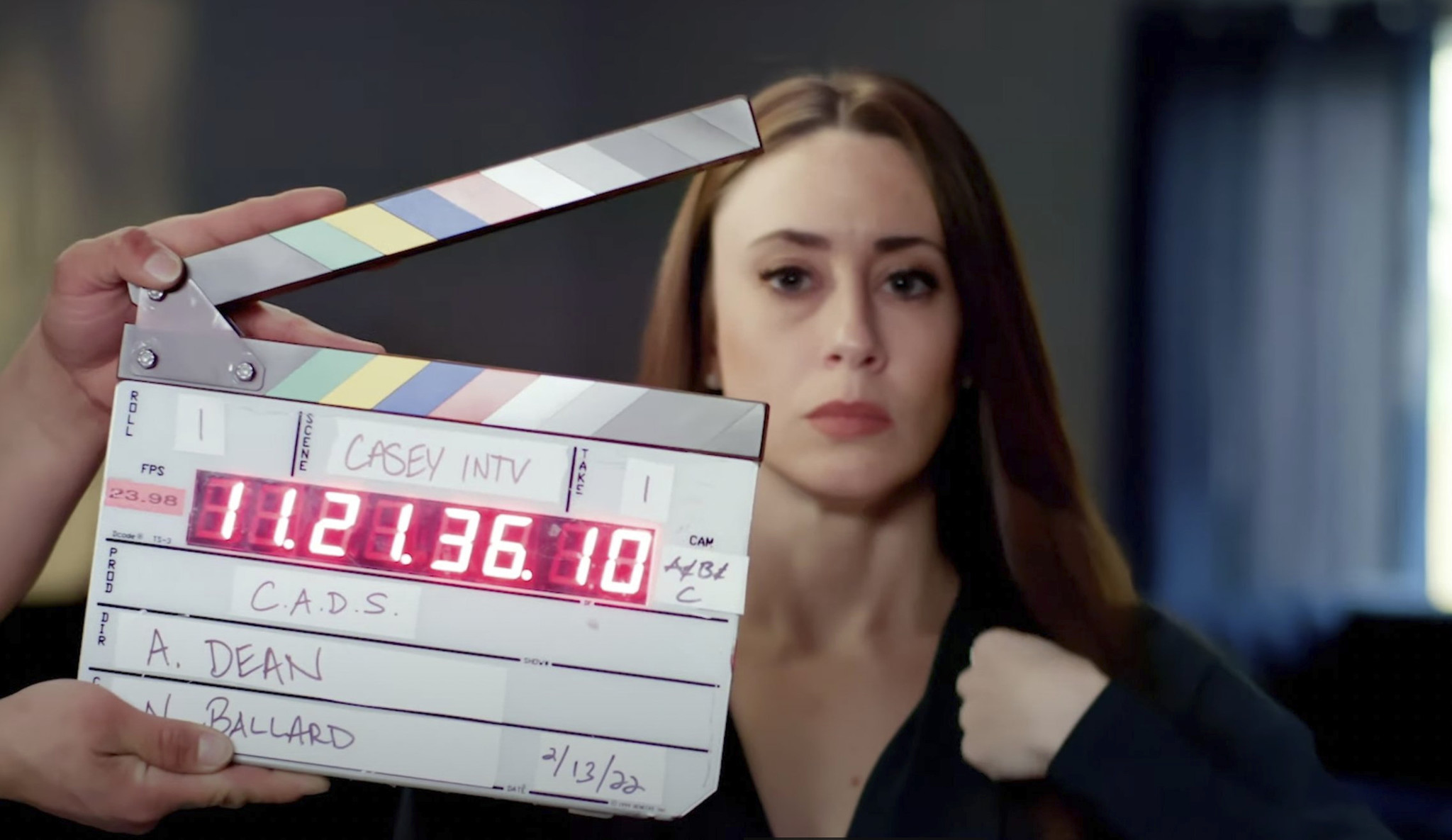
Casey Anthony had her first sit-down interview since she was accused of murdering her daughter, Caylee Anthony. Caylee went missing in 2008 and was found dead six months later in the woods near Casey’s home. Casey, once known as America’s Most Hated Mom, was found not guilty of the murder of her daughter in 2011. During the three-part series, Casey accused her father, George Anthony, of being responsible for Caylee’s death. Not only that, but she also claimed her father sexually abused her two-year-old and drowned her to hide evidence of the abuse.
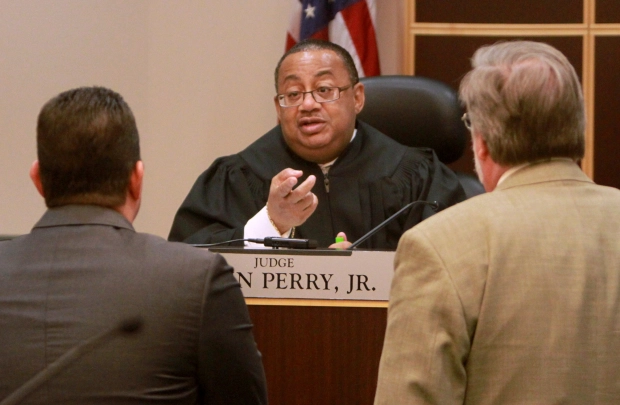
Judge Belvin Perry Jr. who presided over the case doesn’t buy anything Casey is saying in the series. During her 2011 trial, she had told a different story and claimed after Caylee drowned in a state of panic, George disposed of her body to cover up evidence of the accidental death. The judge told The Sun nothing about Casey surprises him anymore before debunking her claims in the documentary.
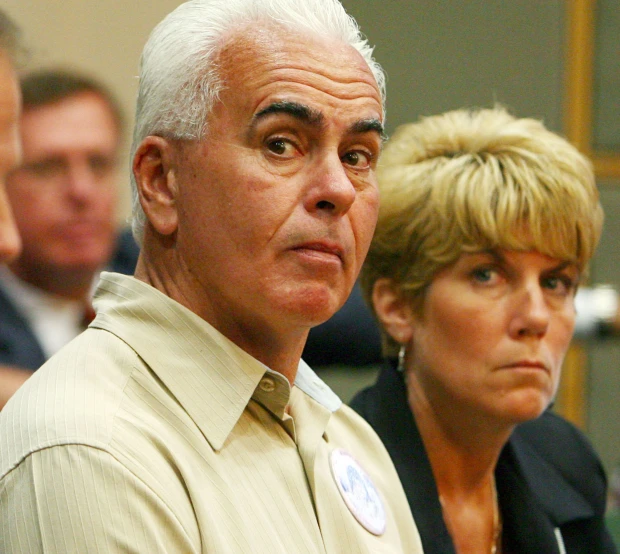
“One question I have is why would George, who clearly loved this child beyond measure, take a simple drowning of a child, not call 911 to see if she can be resuscitated, then duct tape the body of the child and place it in garbage bags, and then dump it in a swap-like area?” he asked.
Belvin also said, “No normal human being does that. George was a former police officer. Casey’s always been one for dramatic flair … [her claims] are just not believable at all.”
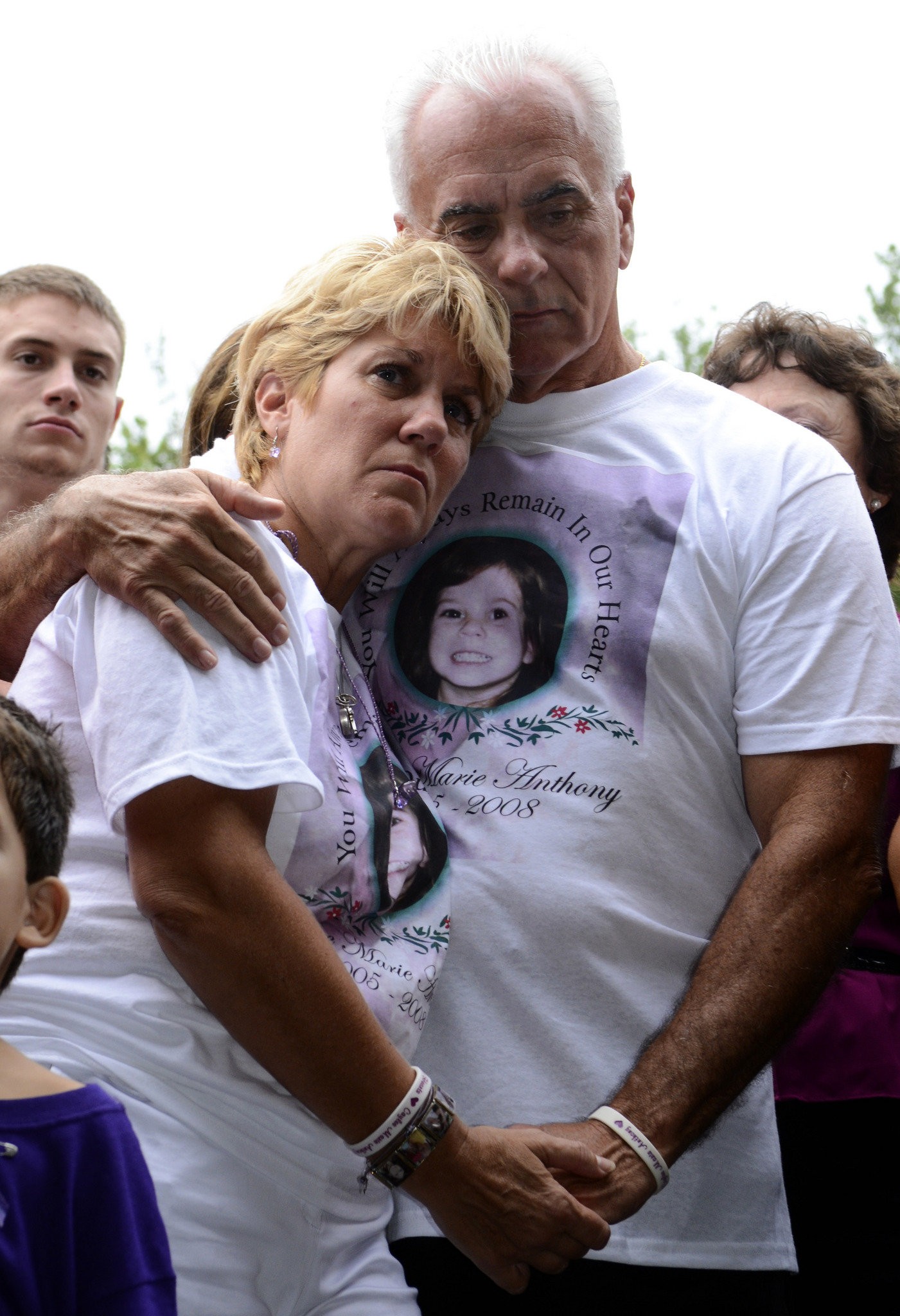
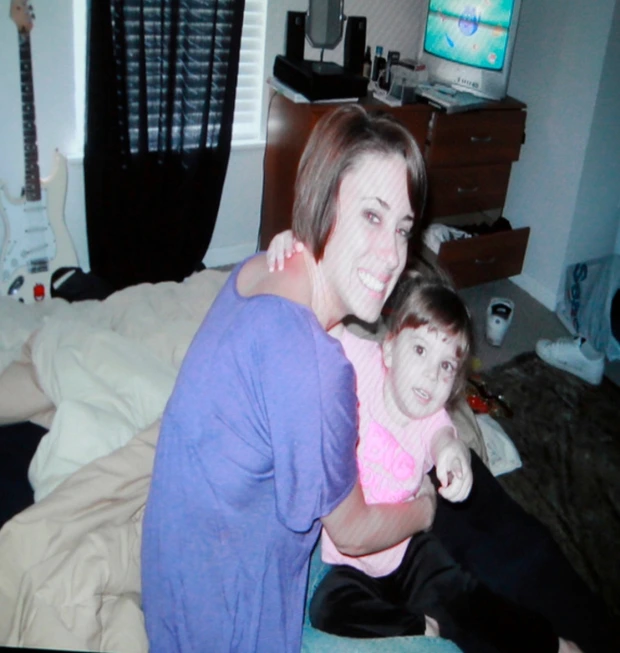
Casey’s story about her daughter’s death has changed a lot over the years. She initially told the police that Caylee was kidnapped by a babysitter, something she later admitted to lying about. During the 2011 trial, Casey’s lawyers accused George of also molesting her when she was younger, but he denied the claims and any involvement in Caylee’s death.
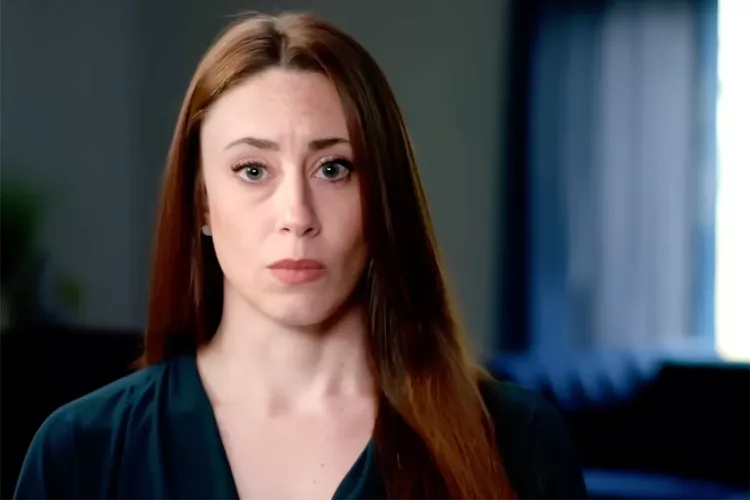
Judge Belvin Perry Jr. said that despite what he thinks, Casey has a right to share her side of the story and people also have the right to listen to it and condemn it. “She’s telling her story and the question is, who is going to believe it? Does it tell us anything different? Does it answer any of the age-old questions? Which one is it? Which [claim] is true?”
Stay Connected With All About The Tea: Twitter Ι Instagram Ι YouTube Ι Facebook Ι Send Us Tips
